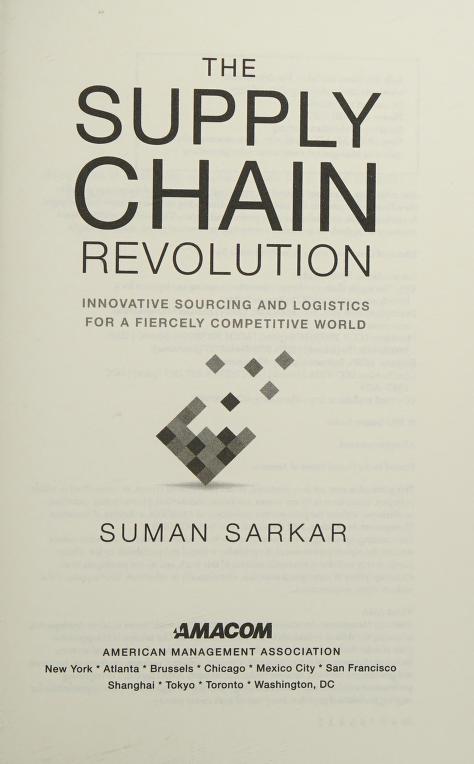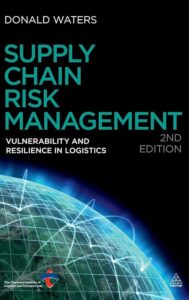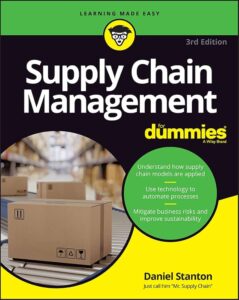The Supply Chain Revolution – Unlocking Business Growth with Suman Sarkar
In today’s fast-paced business world, supply chain management has taken on a new level of importance. With the rise of e-commerce and global markets, companies are facing increased pressure to improve the efficiency and agility of their supply chains in order to meet customer demands and stay competitive. This has led to a supply chain revolution, with companies turning to innovative strategies and technologies to transform the way they manage their supply chain.
One of the leading voices in the supply chain industry is Suman Sarkar, a globally recognized consultant, speaker and author. With over 25 years of experience in supply chain management, Sarkar has helped numerous Fortune 500 companies reimagine their supply chain processes and achieve significant business growth.
Sarkar’s book, “The Supply Chain Revolution”, has become a must-read for any business leader looking to understand the key trends and strategies shaping the future of supply chain management. In this post, we’ll dive into some of the key insights and perspectives shared by Sarkar in his book on how companies can unlock business growth through an effective supply chain.
Adapt or Die: The Changing Landscape of Supply Chain Management
In “The Supply Chain Revolution”, Sarkar highlights the rapid pace of change in the business landscape and how this has impacted supply chain management. With the rise of technology and e-commerce, customers now expect fast, flexible and personalized delivery options. This puts immense pressure on companies to optimize their supply chains to meet these evolving demands.
Sarkar also emphasizes the growing importance of sustainability and social responsibility in supply chain management. Customers are becoming more conscious of the impact of their purchases on the environment and society, and are looking to support companies that demonstrate ethical and responsible practices. This means that supply chain strategies must take into account not only cost and efficiency, but also sustainability and social responsibility.
The Three Key Levers for a Successful Supply Chain Transformation
So how can companies achieve a successful supply chain transformation in this dynamic environment? According to Sarkar, there are three key levers that companies must focus on:
1. Strategy: The first step to a successful supply chain transformation is to have a clear and well-defined strategy in place. This involves aligning the supply chain strategy with the overall business strategy, understanding customer needs and expectations, and identifying areas for improvement.
2. Organization: Organizational structure and roles play a critical role in supply chain management. Companies must have the right people in the right roles and foster a culture of collaboration and continuous improvement to drive success.
3. Technology: With the rapid advancements in technology, companies must embrace digital tools and technologies to optimize their supply chain processes. This includes leveraging data and analytics, implementing automation and robotics, and using artificial intelligence and machine learning to improve decision-making.
The Importance of Collaboration in the Modern Supply Chain
One key takeaway from Sarkar’s book is the importance of collaboration in the modern supply chain. With the supply chain becoming increasingly complex and global, no single company can have complete control over every aspect of their supply chain. This requires companies to collaborate and build strong partnerships with suppliers, service providers, and other stakeholders to ensure the smooth flow of goods and information.
The Future of Supply Chain Management: Embracing Disruption
In conclusion, “The Supply Chain Revolution” provides valuable insights and strategies for companies looking to embrace the supply chain revolution and drive business growth. With the pace of change in the business world only accelerating, companies must be willing to adapt and embrace disruption in order to stay competitive. By following the key levers and principles outlined by Sarkar, companies can unlock the full potential of their supply chain and achieve sustainable growth in the ever-evolving global marketplace.




